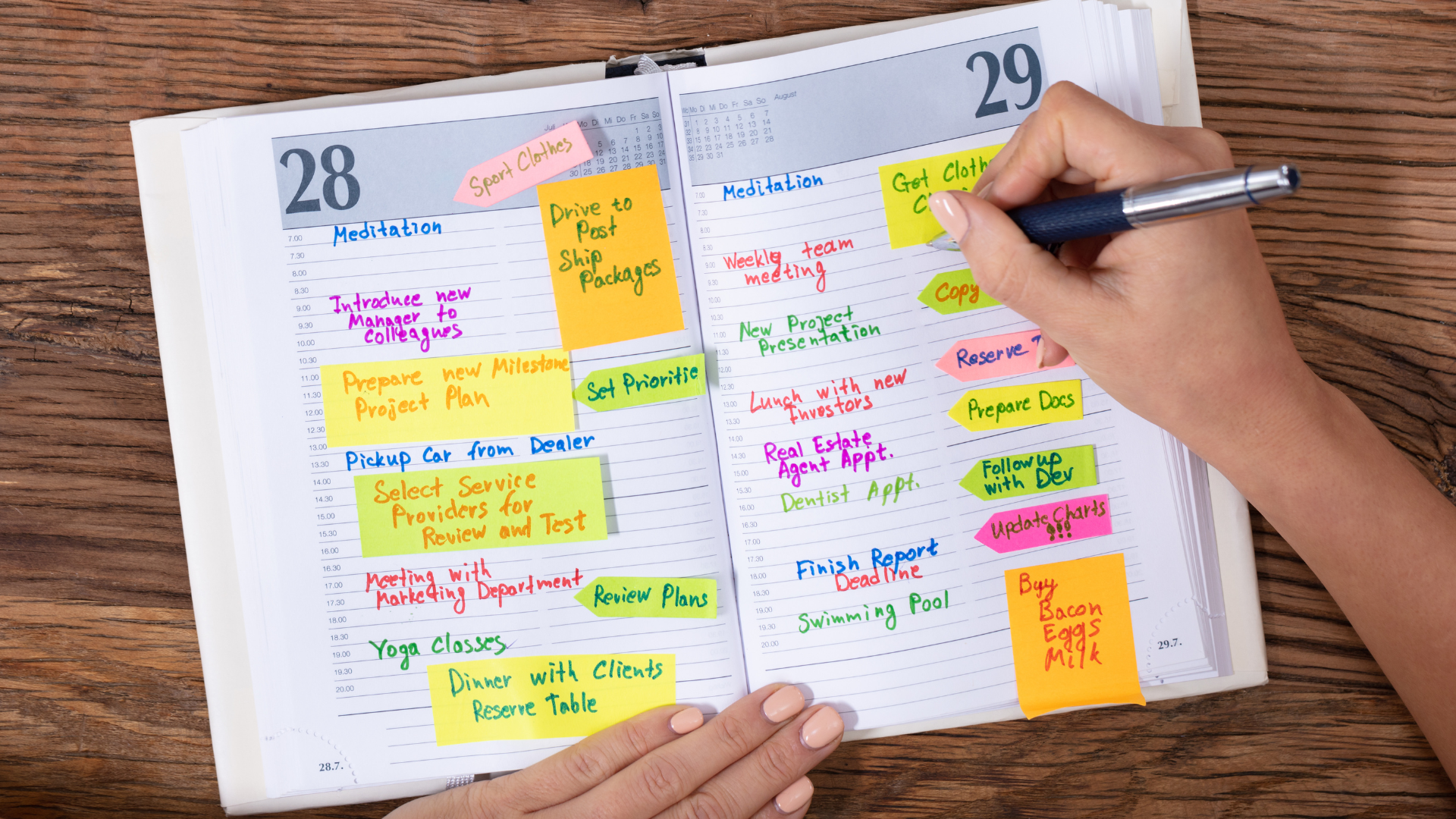Mental Health Matters: Self-Care Tips for Healthcare Students
Being a student in the healthcare field comes with unique challenges—long hours, emotional intensity, and the pressure of preparing to care for others. In the midst of it all, it’s easy to put your own well-being last. But here’s the truth: to take care of others, you must first take care of yourself.
At Fordham Institute Inc., we care deeply about the whole student—your success, your growth, and your peace of mind. In honor of Mental Health Awareness Month, here are practical and powerful self-care tips for healthcare students.
1. Set Healthy Boundaries
Whether it's work, family, or friends, it's okay to say "no" when your plate is full. Learning to protect your time and energy is a vital part of mental wellness.
Tip: Schedule "me time" like it’s an appointment—because it matters just as much.
2. Make Space for Mindfulness
Even just 5 minutes a day of intentional stillness can ground your thoughts and ease your stress. Mindfulness helps you reset mentally and emotionally.
Tip: Try deep breathing, guided meditations, or journaling to connect with your inner calm.
3. Prioritize Rest
Sleep isn’t a luxury—it’s a necessity. Your body and mind need time to recharge, especially when learning new material or working demanding shifts.
Tip: Create a bedtime routine that helps you wind down and protect your rest.
4. Nourish Your Body
Food and hydration directly impact your focus and energy. Eating well fuels your studies and supports mental clarity.
Tip: Prep simple, balanced meals and carry a reusable water bottle to stay hydrated throughout the day.
5. Stay Connected
Don’t isolate yourself when things get hard. Talk to someone you trust, lean on classmates, or seek counseling services if needed. Connection is healing.
Tip: Join a study group or supportive community—even virtual ones can make a big difference.
6. Celebrate Small Wins
Every quiz passed, shift completed, or new skill learned is a victory. Acknowledge your progress. You’re doing something meaningful and brave.
Tip: Keep a “victory journal” where you jot down small successes each week.
7. Ask for Help
Mental health struggles are not a sign of weakness—they’re human. If you feel overwhelmed, talk to an instructor, mentor, or healthcare professional. Support is always available.
You Matter, Too
At Fordham Institute Inc., we’re proud of the dedication our students show—but we also want you to know: your mental health is just as important as your training. This month and always, make your wellness a priority.
Strong minds build strong caregivers. And the world needs more of both.





